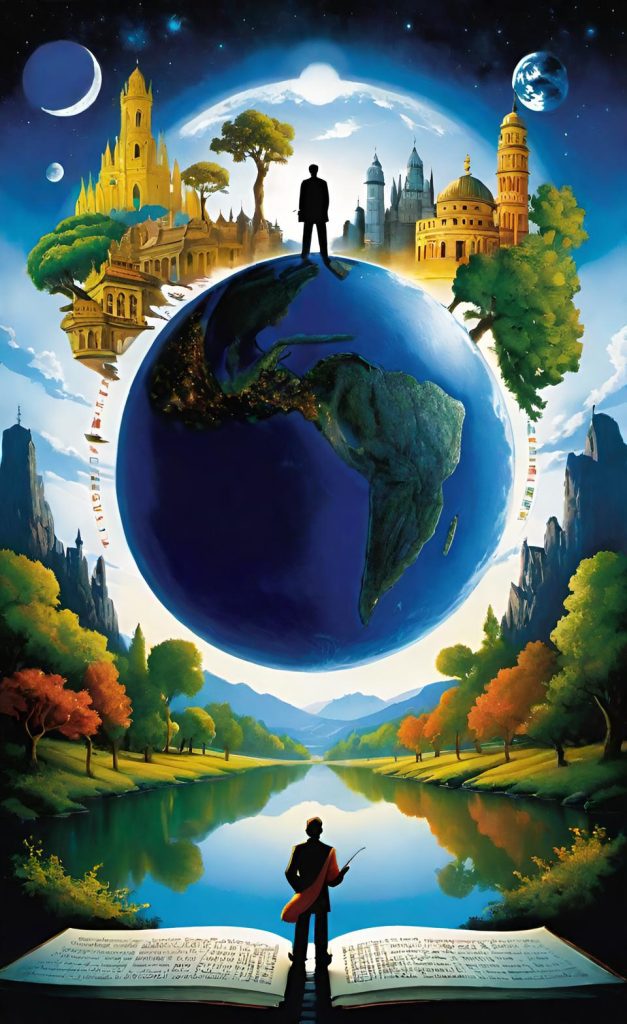Introduction
World literature encompasses a vast array of literary works from different cultures, time periods, and genres. Studying world literature helps students develop a broader understanding of human experiences, diverse perspectives, and global literary traditions. This World Literature Homework Help guide explores essential themes, literary analysis techniques, and external resources to help students excel in their assignments.
Understanding World Literature
World literature includes ancient epics, classical literature, modern fiction, poetry, drama, and non-fiction from various regions. Key areas of study include cultural contexts, literary movements, and comparative literature analysis.

1. The Importance of Studying World Literature
World literature allows readers to explore different societies, historical events, and philosophical ideas.
- Key Tip: Engage with works from multiple cultures to gain a well-rounded perspective.
- Resource: Project Gutenberg offers free access to classic world literature texts.
2. Major Literary Movements in World Literature
- Classical Literature – Greek tragedies, Roman epics, and early philosophical texts.
- Medieval Literature – Religious texts, chivalric romances, and epic poetry.
- Renaissance Literature – Humanism, early novels, and dramatic works by Shakespeare.
- Modernism and Postmodernism – Experimental narratives, fragmented storytelling, and metafiction.
- Resource: The British Library provides extensive archives on literary movements.
3. Literary Analysis Techniques
Understanding literary devices and themes is crucial for analyzing world literature.
- Key Tip: Identify motifs, symbols, and character development when interpreting texts.
- Resource: Literary Devices explains key literary terms and examples.
4. Comparative Literature Studies
Comparative literature examines similarities and differences between texts from different cultures.
- Key Tip: Compare themes such as identity, colonialism, and existentialism in different literary traditions.
- Resource: JSTOR offers scholarly articles on comparative literature.
Common Challenges in World Literature Studies
Many students face difficulties such as:
- Complex Language – Older texts may have archaic language and difficult vocabulary.
- Cultural Differences – Understanding historical and cultural contexts is essential.
- Literary Theory Application – Applying different critical perspectives can be challenging.
Strategies for Excelling in World Literature Assignments
- Read Actively – Annotate key passages and take notes on important themes.
- Engage with Context – Research the historical and cultural background of texts.
- Use Secondary Sources – Incorporate critical essays and analyses to strengthen arguments.
- Compare and Contrast – Draw connections between different works and traditions.
- Practice Writing Literary Analysis – Develop clear thesis statements and structured arguments.
Notable Works in World Literature
1. The Epic of Gilgamesh (Mesopotamia)
- Themes: Heroism, mortality, friendship.
- Lesson: Early literature reflects universal human concerns.
2. The Divine Comedy (Dante Alighieri) (Italy)
- Themes: Justice, redemption, and morality.
- Lesson: Allegorical storytelling remains influential.
3. One Hundred Years of Solitude (Gabriel García Márquez) (Colombia)
- Themes: Magical realism, time, and fate.
- Lesson: Latin American literature blends history with mythology.
4. Things Fall Apart (Chinua Achebe) (Nigeria)
- Themes: Colonialism, tradition vs. change.
- Lesson: African literature provides critical perspectives on history and culture.
How to Excel in World Literature Homework Assignments
- Understand Literary Themes – Identify recurring ideas such as love, power, and resistance.
- Analyze Character Development – Explore how protagonists evolve throughout a story.
- Discuss Cultural Significance – Connect texts to their social and political contexts.
- Engage with Different Genres – Study poetry, drama, and prose to broaden literary knowledge.
- Use Online Study Guides – Websites like SparkNotes provide summaries and analysis.
Recommended External Resources for World Literature Homework Help
- The Paris Review – Interviews and essays on global literature.
- The Norton Anthology of World Literature – A comprehensive collection of major works.
- MIT OpenCourseWare – Literature – Free university-level literature courses.
- CliffsNotes – Summaries and analyses of classic literature.
Conclusion
World literature offers a rich exploration of cultural diversity, historical events, and philosophical ideas through storytelling. By analyzing literary movements, studying themes, and using expert resources, students can develop a deep appreciation for global literary traditions. This World Literature Homework Help guide provides the essential tools and insights to excel in literature assignments and broaden literary understanding.


